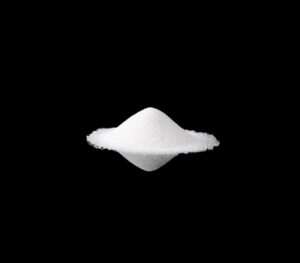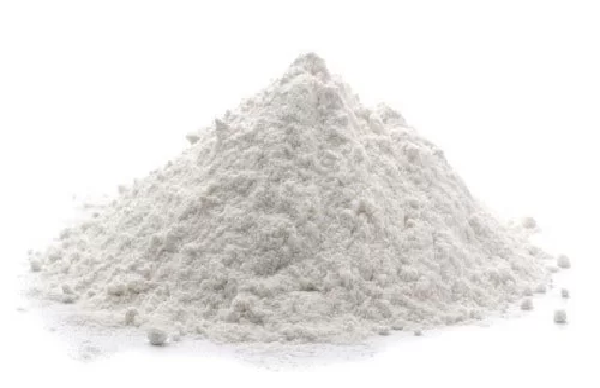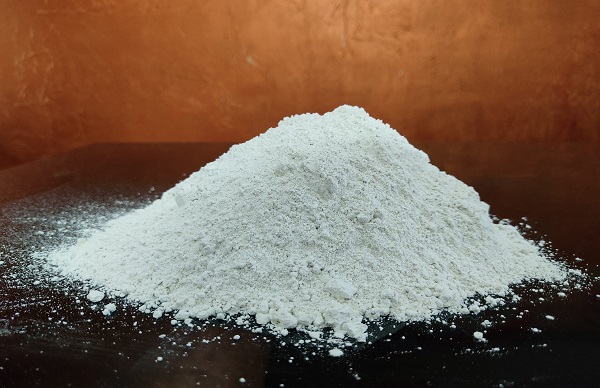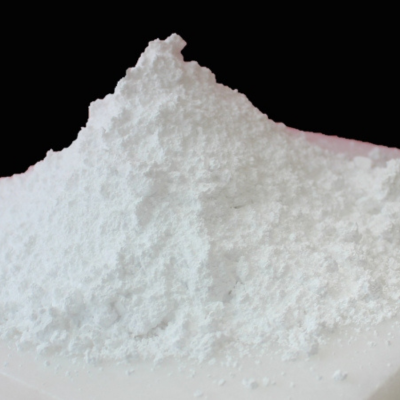
Why is dolomite used in detergent powder?
October 12, 2024
What is the Role of Precipitated Calcium Carbonate in the Food Industry?
October 12, 2024The Importance of Dolomite Powder in Concrete
To enhance its performance, strength, and durability, different additives are often incorporated into the mix. One such material gaining attention is dolomite powder. When ground into a fine powder, it can be used in concrete to improve various properties. Why do we need dolomite powder in concrete? This article delves into why dolomite powder manufacturers consider this material essential in concrete and how it benefits the construction industry.

1. Enhanced Workability
One of the main reasons to include dolomite powder in concrete is to improve workability. Workability refers to the ease with which a concrete mix can be placed, compacted, and finished without segregation or bleeding. Dolomite powder acts as a fine aggregate filler, which smoothens the mix, making it easier to pour and spread. The smaller particle size of dolomite powder fills the voids between larger aggregates, reducing friction and allowing for a more fluid mixture. This is especially important in complex formwork or when intricate designs are required, as it ensures a uniform finish without affecting the structural integrity.
2. Increased Strength
Another significant advantage of adding dolomite powder to concrete is the improvement in its compressive and tensile strength. When dolomite powder is blended with cement, it reacts with the water and cement components to create additional calcium silicate hydrates (CSH). These hydrates are responsible for the hardening process in concrete, and more of them lead to a denser, stronger material. The fine dolomite particles also help in creating a more compact matrix, reducing the number of microcracks and air voids, which in turn enhances the overall strength of the structure.
3. Improved Durability
Concrete structures need to withstand various environmental factors such as temperature changes, moisture, and chemical exposure. Dolomite powder contributes to the long-term durability of concrete by increasing its resistance to chemical attacks. For instance, in areas exposed to seawater or acid rain, concrete can deteriorate due to the action of salts and acids. The addition of dolomite powder enhances the concrete’s ability to resist these chemicals, preventing deterioration and extending the lifespan of the structure.
4. Cost-Effective Material
Incorporating dolomite powder in concrete can also be a cost-effective solution. While cement is the main binding agent in concrete, it is also the most expensive component. By partially replacing cement with dolomite powder, builders can reduce the overall cost of concrete production. Dolomite is widely available and relatively inexpensive compared to other additives, making it an economical option for large-scale construction projects. Additionally, reducing the amount of cement used helps to lower the carbon footprint of construction activities, contributing to more sustainable building practices.
5. Better Surface Finish
In addition to its functional benefits, dolomite powder also enhances the aesthetic quality of concrete. The fine particles help in producing a smoother surface finish, which is particularly advantageous in decorative concrete applications. Dolomite powder is often used in precast concrete products like pavers, tiles, and architectural elements where a refined appearance is desired. The smoother texture makes it easier to apply finishes like paint or coatings, and it can also enhance the color of concrete, giving it a more consistent and polished look.
6. Environmental Sustainability
The construction industry is under increasing pressure to adopt more environmentally friendly practices, and using dolomite powder in concrete can contribute to this goal. Since dolomite is a natural mineral, it is considered more sustainable than other chemical additives or synthetic materials. By partially substituting cement with dolomite powder, the amount of carbon dioxide emissions during concrete production can be reduced. Cement manufacturing is known to be one of the largest contributors to CO₂ emissions worldwide, and using dolomite powder is a step towards greener construction solutions.
7. Reduction in Shrinkage and Cracking
Shrinkage and cracking are common issues in concrete, especially during the curing process. When concrete dries, it tends to shrink, leading to cracks that can compromise the strength and durability of the structure. Dolomite powder helps to minimize these issues by improving the hydration process. The finely ground particles provide additional surface area for the chemical reactions to occur, ensuring a more uniform hydration of the concrete mix. This results in reduced shrinkage and fewer cracks, leading to more durable and stable concrete structures.
Conclusion
Dolomite powder plays an essential role in improving the properties of concrete. From enhancing workability and strength to providing better durability and surface finishes, its inclusion in concrete mix designs offers multiple benefits. The cost-effectiveness and environmental advantages of using dolomite powder also make it an attractive choice for modern construction projects. As the demand for more sustainable and high-performance construction materials grows, dolomite powder is likely to become an increasingly popular additive in the concrete industry. Companies like Sudarshan Group are leading the way in promoting the use of dolomite powder, showcasing its benefits in enhancing concrete's overall performance and sustainability.



